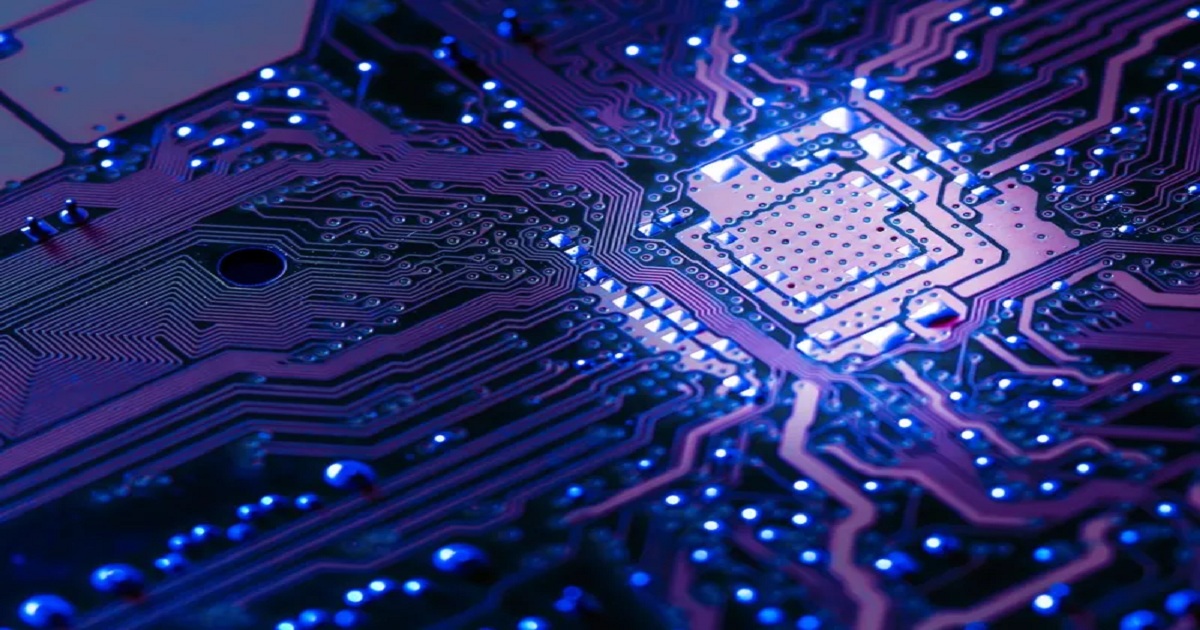New MIT research study explores spintronics for ultra-low-power microchips
IoT Tech News | November 14, 2018

A new research study from MIT and Brookhaven National Laboratory claims to have potentially opened the door for ultra-low power microchips – which could be good news with regard to the Internet of Things. The focus of the study is around spintronics – a portmanteau of spin transport electronics – which explores the intrinsic spin of an electron in terms of performance rather than its electrical charge, meaning they can retrain their magnetic properties without constant power. While a fascinating concept – this time last year Seeker called it “the technology revolution you’ve probably never heard of” – it has its limitations in terms of computational devices. Being able to control the magnetic properties of a material electrically, and make the most of the spin, has proven a major challenge. One approach focused on ions – specifically oxygen ions – rather than electrons. However, while the resulting change in magnetic properties was significant, it led to the material growing and reducing in size. As a result, the mechanical damage this caused rendered it practically useless in a real-life case.